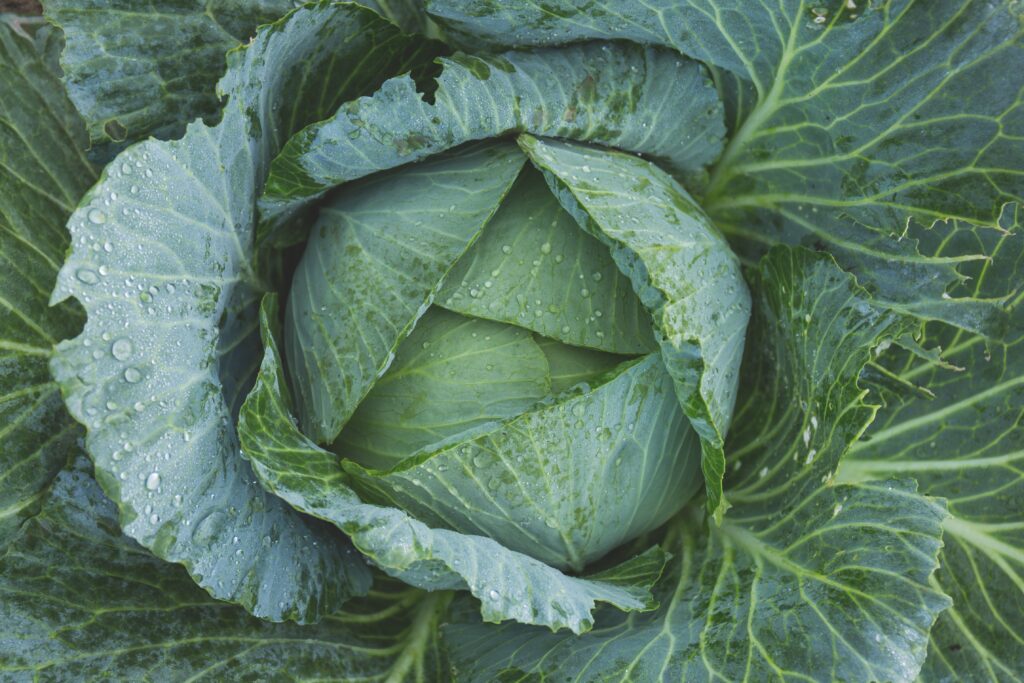
The Cabbage Soup Diet, sometimes whimsically dubbed the Magic Soup Diet, revolves around a nutritional strategy centered on diverse cabbage varieties. Devotees of this regimen extol the seemingly enchanting powers of cabbage, attributing it to substantial and satisfying weight loss outcomes.
However, the key to success lies in unwavering adherence to the prescribed meal plan, accompanied by the discipline to resist indulging in snacks. Originating in the 1970s, the Cabbage Soup Diet initially gained traction in the United States before captivating an audience in Germany. One notable feature supporting this diet is its adaptability, allowing the incorporation of meat into the cabbage soup and embracing various recipes to inject diversity, mitigating the challenges posed by its inherently one-dimensional nature.
Navigating the Mechanics of the Cabbage Soup Diet

At the heart of the Cabbage Soup Diet lies the premise that cabbage extracts more energy from the body than it contributes, purportedly fostering swift weight reduction—an assertion even acknowledged by critics.
However, it’s crucial to discern that the weight loss primarily involves the shedding of water and, to a certain extent, muscle mass, rather than exclusively targeting fat reserves. Despite this, the weight loss can be noteworthy, reaching up to five kilograms within just one week. Typically, the Cabbage Soup Diet isn’t protracted beyond this timeframe.
However, the Cabbage Soup isn’t the sole protagonist in this dietary tale. Ingredients such as carrots, onions, an assortment of vegetables, along with an array of spices and herbs, are enlisted. While fruits earn their place in the diet, options rich in calories, such as bananas or honeydews, are best approached with caution. Additionally, participants can integrate a raw food day into the Cabbage Soup Diet, emphasizing the consumption of cabbage in the form of a refreshing salad.
Embracing the Positives of the Cabbage Soup Diet
Cabbage, renowned for its health benefits, elevates the Cabbage Soup Diet as a seemingly wholesome catalyst for rapid weight loss. Packed with essential vitamins, minerals, and fiber, cabbage promotes a harmonious digestive system. Furthermore, cabbage boasts secondary plant compounds (glucosinolates), believed by some to exert preventive effects against cancer. In specific medical scenarios, such as pre-surgery weight reduction, this diet finds application. Another feather in its cap is the ability to stave off hunger; those acquainted with the hearty satisfaction derived from cabbage soup are likely to appreciate its satiating prowess. Lastly, the Cabbage Soup Diet is hailed for its efficiency and simplicity, with ingredients readily available year-round in supermarkets and local markets.
Debunking Detractors: Addressing Concerns about the Cabbage Soup Diet
Detractors predominantly emphasize the one-sided nature of the Cabbage Soup Diet. While cabbage undeniably contributes to health, the diet’s shortfall in providing adequate proteins, carbohydrates, and essential fats raises concerns about potential malnutrition. Prolonged reliance on cabbage for sustenance could lead to severe nutritional imbalances with serious consequences. Considering the weight loss predominantly involves muscle mass, the sacrifice might outweigh the benefits, potentially leading to a rebound effect. Maintaining a diet primarily centered around cabbage is challenging and often triggers cravings. Additionally, excessive cabbage consumption may induce uncomfortable bloating.
The German Society for Nutrition takes it a step further, disputing the alleged fat-reducing effects of cabbage, deeming them scientifically unproven. Individuals with metabolic or circulatory disorders are strongly advised to sidestep the Cabbage Soup Diet. In summary, many nutrition experts caution against adopting mono-diets or crash diets, emphasizing their limited efficacy in achieving sustained weight loss.














